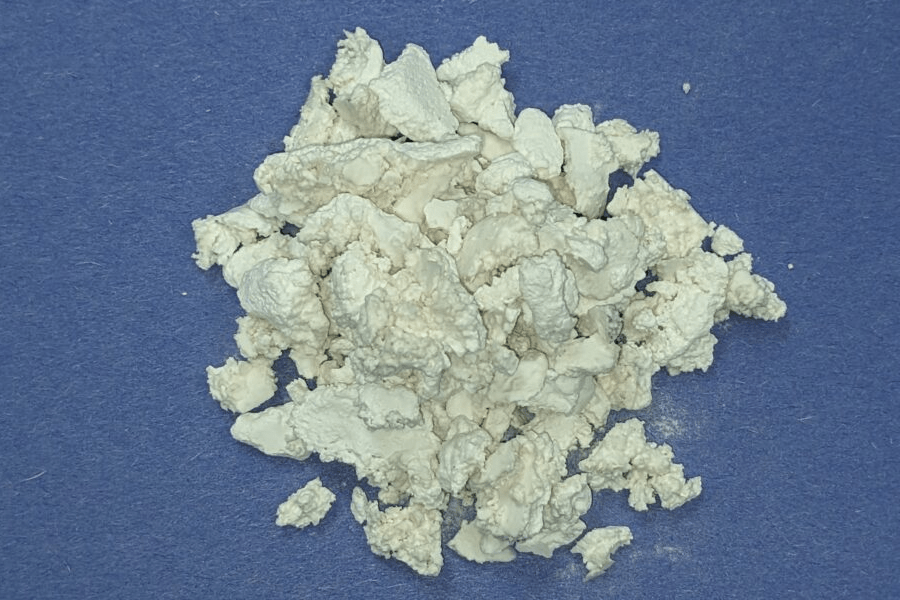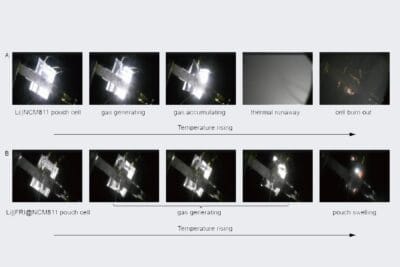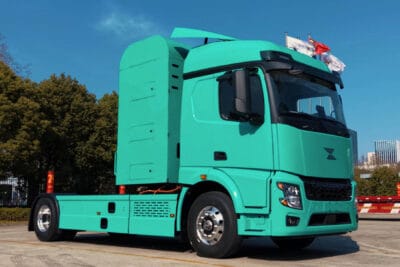China plans further export restrictions for battery technologies
The corresponding document was published on Thursday, 2 January, Reuters reports. The proposals are open for public comment until 1 February. Whether or when they could come into force is not mentioned.
The document shows (with the help of a translation tool) that authorities are quite specifically concerned with lithium iron phosphate batteries (LFP) and lithium manganese iron phosphate (LMFP) – as well as processes for the extraction of lithium carbonate, which could also have an impact on other cell chemistries.
What is clear, however, is that the proposed export restrictions are aimed at areas in which China currently holds a leading position, up to and including market dominance. Unlike the restrictions introduced in 2023 on graphite as an important anode material, this time, Beijing not only targets the materials themselves, but also the technologies for processing them.
Reuters quotes Adam Webb, head of battery raw materials at consultancy Benchmark Mineral Intelligence, as saying that the proposals would help China retain its 70 per cent share of global lithium processing into battery-grade material. “Depending on the level of export restrictions imposed, this could pose challenges for Western lithium producers hoping to use Chinese technology to produce lithium chemicals,” Webb said.
But it’s not just Western companies that could be affected: The restrictions around extraction and processing technologies in particular could also affect the global expansion plans of major Chinese battery manufacturers, writes Reuters. It is not clear from the report whether companies such as CATL, Gotion or EVE Energy would no longer be able to operate their projects abroad or whether changes (such as to the supply chain) would be necessary.
The timing of the publication of the document by the Chinese Ministry of Commerce was probably deliberate: The proposals come shortly before the inauguration of Donald Trump as US president, who is expected to introduce tariffs and various trade restrictions against foreign countries, particularly China.
reuters.com, mofcom.gov.cn (PDF; in Chinese)





0 Comments